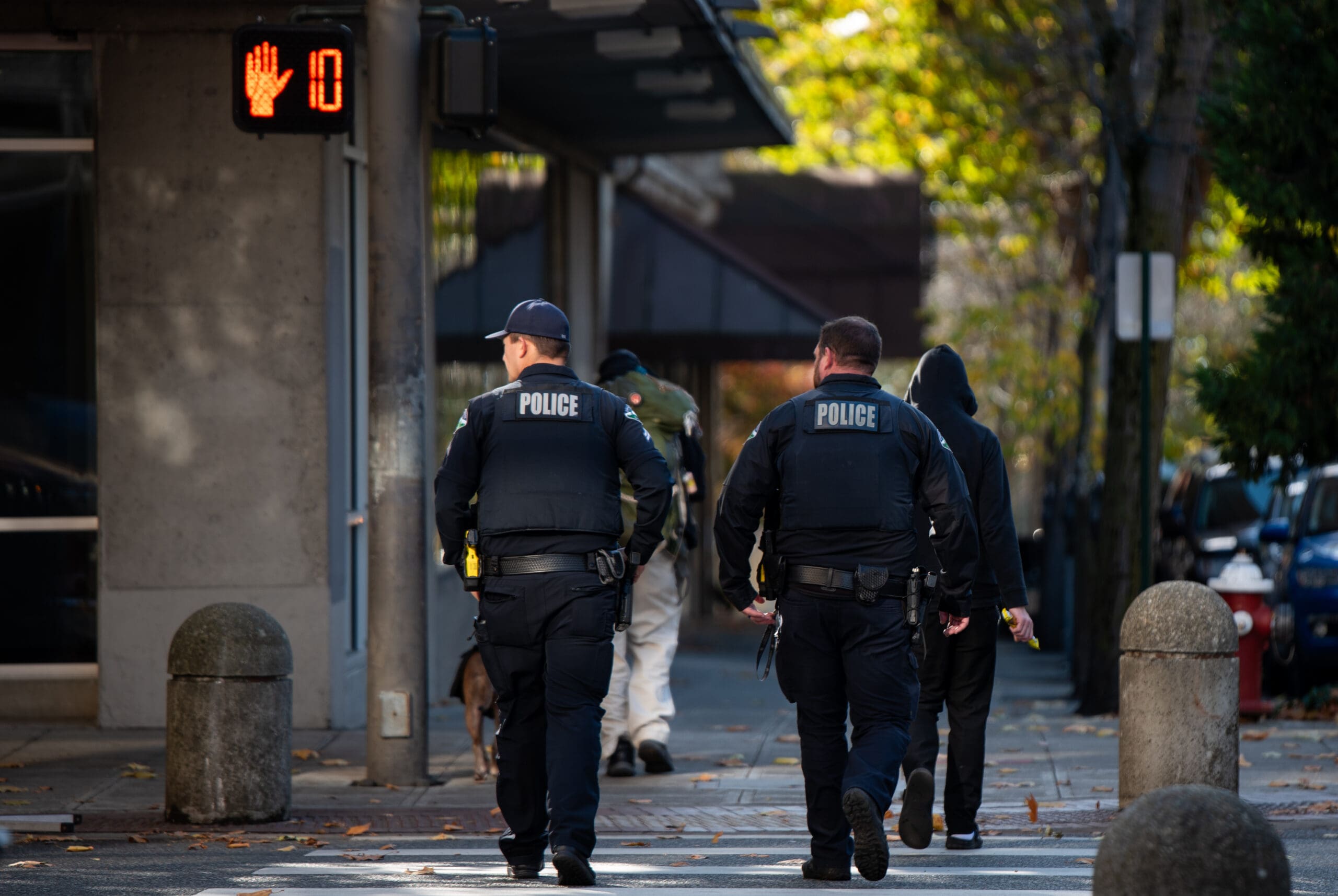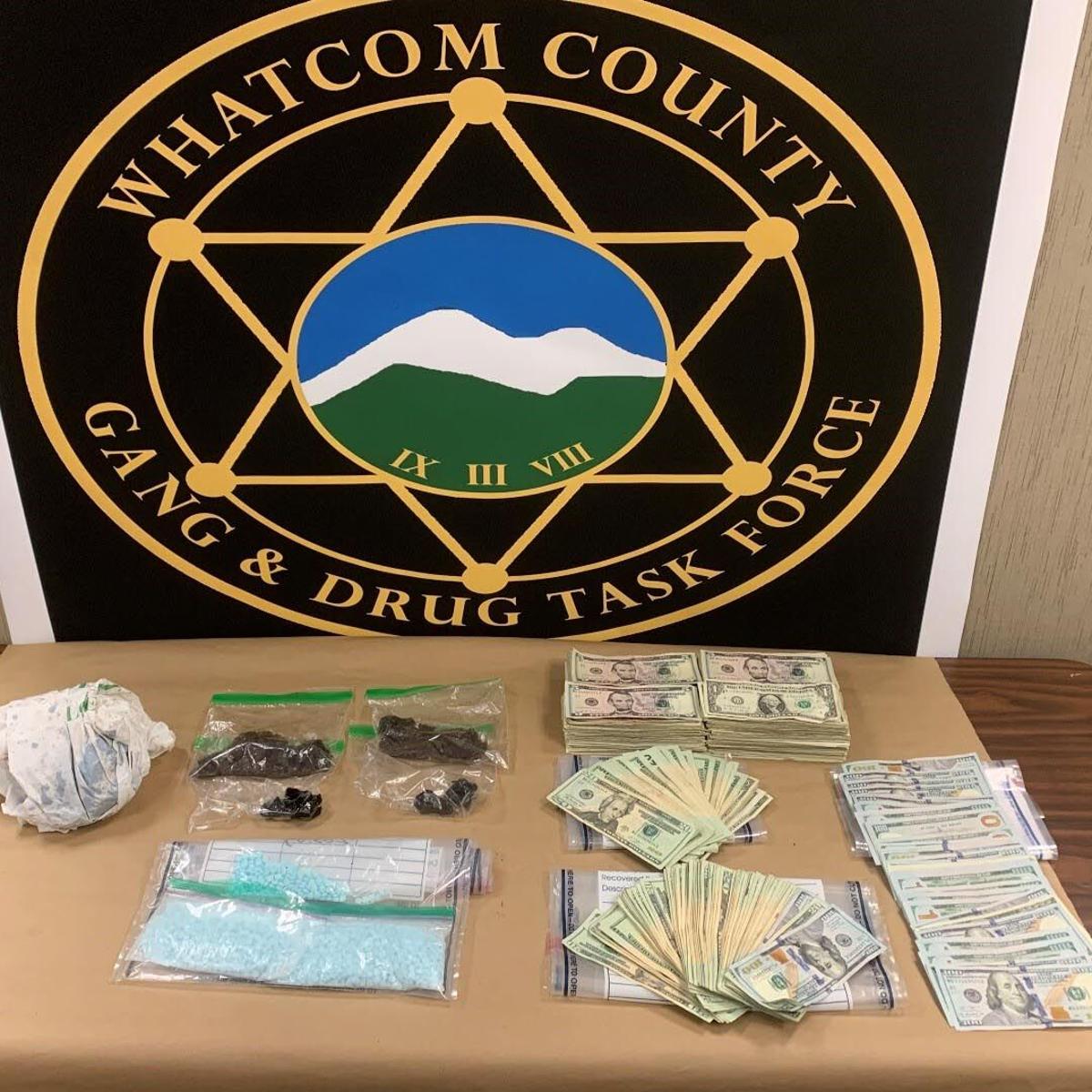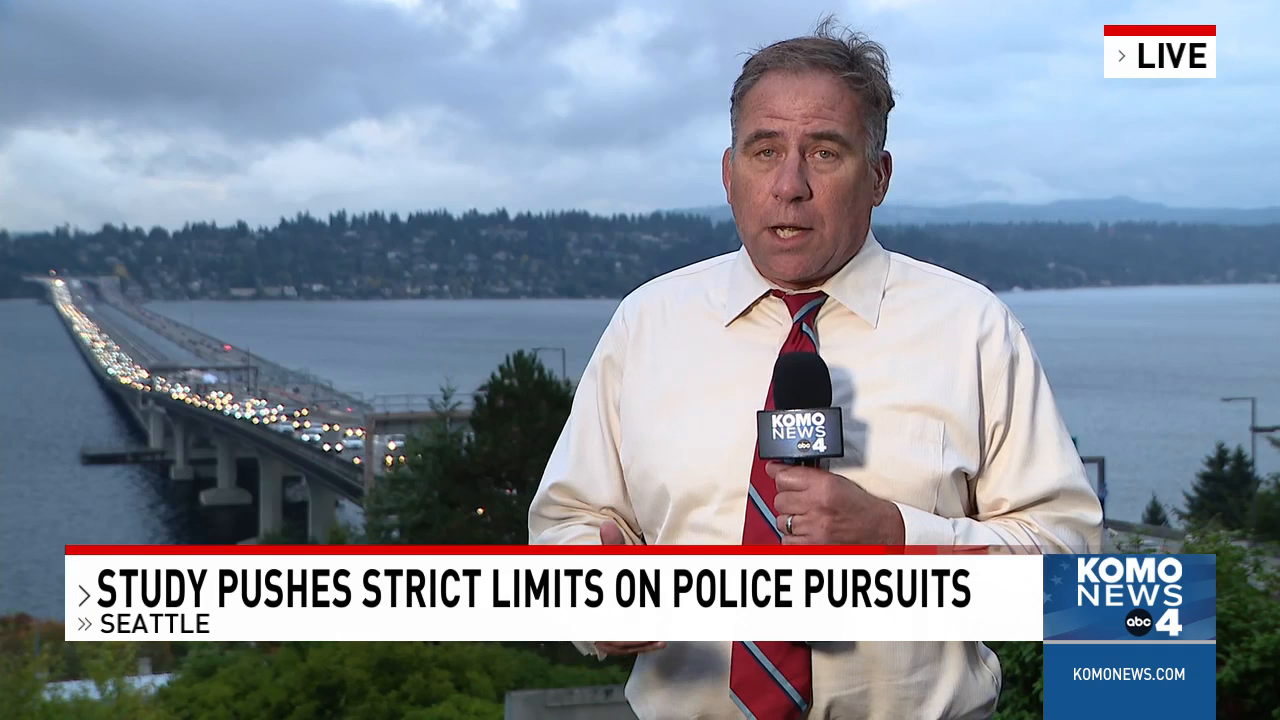
Photo courtesy of Longeye.
When a crime happens, police begin compiling a mountain of digital evidence. The evidence can include surveillance videos, phone records, crime scene photos and interviews. The evidence compiled into data sets can be quite substanial, weighty and lengthy. Be as it may, police agencies are hesitant to assign officers to these tasks, especially in light of budget constraints.
King 5 News reports that the Redmond Police Department addressed these challenges by using a new Artificial Intelligence (AI) platform to sift through evidence to solve crimes. In a recent case, an AI platform called Longeyehelped investigators on a cold case by combing through hours of jail phone calls, including a key confession.
HOW DOES LONGEYE WORK?
Longeye’s AI-powered workspace rapidly digests and understands video, photography, and text at speeds up to 100x faster than a human. It makes information searchable and parsable and it ‘reads’ the data contextually to find key intelligence that can break the case open. In theory, this saves thousands of desk hours, closing cases before the trail goes cold, avoiding burnout and getting police investigators back in the field.
Here, Longeye helped the Redmond Police Department process 60 hours of jail phone calls in a matter of minutes. This apparently saved a significant amount of time, and verified the lead investigator’s facts in the case. By using Longeye to search for and locate key information, the investigator was able to work more efficiently.
DOES LONGEYE USE AI FOR ILL PURPOSES?
In short, advocates of Longeye say it gives police more time to serve victims and close cases. Longeye does not create or predict information. It only points detectives to evidence they already have, helping them work smarter and faster. It verifies facts already known to police in a cold cases. It is not used to uncover new information.
WHAT ARE THE CRITICISMS OF LONGEYE?
- Risk of Errors (“Hallucinations”): A primary concern is that, like other large language models, the AI could generate incorrect information or misinterpret evidence (known as “hallucinations”). This could potentially misguide investigations, leading to wasted time or, more seriously, incorrect assumptions about suspects.
- Wrongful Arrests: Critics point to the history of other technologies like facial recognition leading to wrongful arrests and worry Longeye could be subject to similar issues if not used with extreme caution.
- Dependence on Human Oversight: The platform’s designers emphasize it is a tool to assist, not replace, human investigators. This means its ultimate reliability depends on the diligence of human officers to double-check the AI’s findings against original evidence, which might not always happen in practice.
- Potential for Misuse: As with any powerful surveillance or investigation technology, there are general privacy concerns about how law enforcement uses the tool and what data they are looking for.
- Unreliable in Court: Courts are already seeing problems with attorneys using other AI tools that cite nonexistent case law, raising fears about the admissibility and reliability of AI-generated insights as evidence.
Please contact my office if you, a friend or family member are charged with a crime. Any ill-gotten evidence in a criminal case which was obtained, reviewed, presented and organized by AI tools can possibly be suppressed. Hiring an effective and competent defense attorney is the first and best step toward justice.















